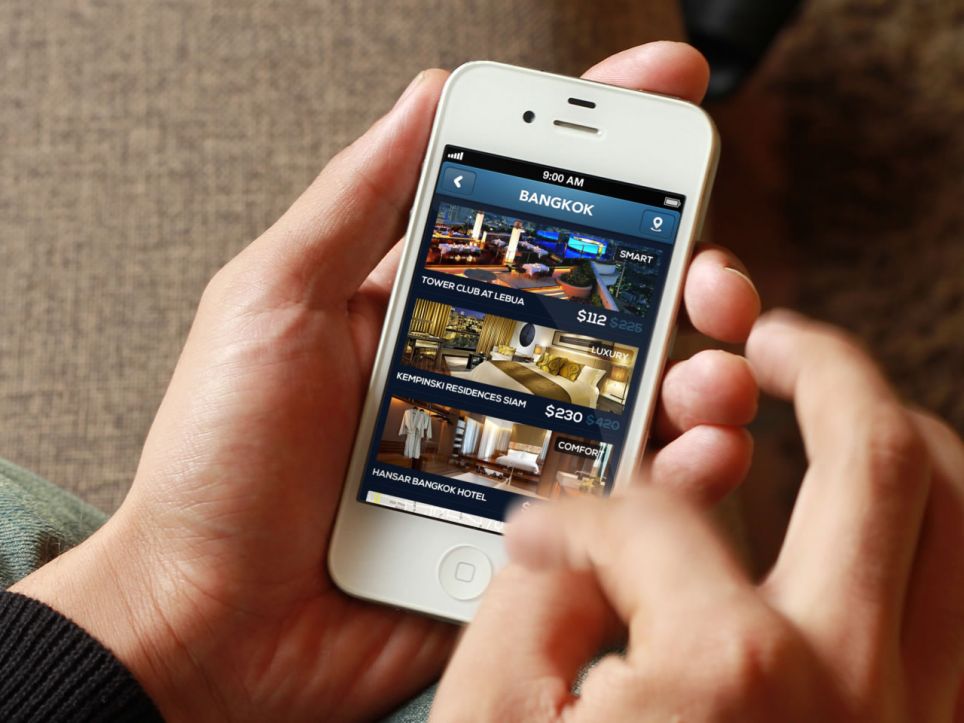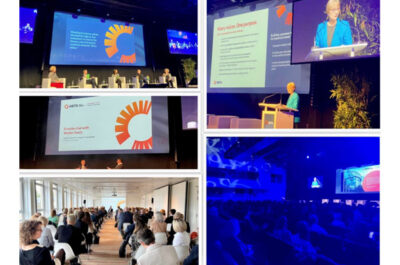Since 2009, when the first travel apps came on the scene, traveler’s dependency on the travel program began a swift movement toward dependency on mobile apps.
The GBTA Foundation in partnership with Carlson Wagonlit Travel (CWT) and the Carlson Family Foundation released a study that took a deep dive into mobile strategy and travel programs.
Some key findings that came from the study:
- 69 percent of travel professionals indicate their travel program does not have a mobile strategy in place
- Of the travel programs that have not adopted one, almost two-thirds (64 percent) will do so in the next two years
- More than half of travel professionals have endorsed a mobile app in the past year, but a strategy means thinking bigger than just apps. It means looking more broadly into how to take the pieces of your travel program and bring them into the mobile environment to drive engagement, compliance and savings.
Since 2009, when the first travel apps came on the scene, traveler’s dependency on the travel program began a swift movement toward dependency on mobile apps. Just two years later, a survey found 60% of mobile phone users had downloaded and used a travel-related app. Statistics like these are growing and spreading into every aspect of corporate travel management, from booking to communication to mobile wallets. Yet the corporate travel industry has been understandably slow to respond to the growing disengagement of travelers from the program, as the reality is so much more information and value is had in mobile space.
Travel has influence in any size organization, and travel buyers can leverage their influence to act on this fast moving trend. Many have started by incorporating some key travel apps into their program like TMC or expense apps, while others have gone further into communication platforms or custom built apps. These are some of the necessary steps, and yet a clear and precise strategy is mostly missing from travel programs opening the door to challenges as more and more apps and technology come into the market.
A strategy means thinking bigger than just apps, and looking broader into how to take the pieces of your travel program and bring them into the mobile environment to drive engagement, compliance and savings. It means strategizing on how to leverage supplier apps to drive supplier compliance, ensuring communication is clear and easy, and collaborating with internal stakeholders on guidelines of mobile phone usage. The focus of a mobile travel program strategy should be centered on how to make a traveler’s experience so simple within the managed program, that there is more value there than outside the program.
This may be the last hold out for a travel program where control will not be possible, only the ability to influence the travelers experience and in such a way that will allow for greater gains in engagement and compliance.
Vicky is the co-founder of TravelDailyNews Media Network where she is the Editor-in Chief. She is also responsible for the daily operation and the financial policy. She holds a Bachelor's degree in Tourism Business Administration from the Technical University of Athens and a Master in Business Administration (MBA) from the University of Wales.
She has many years of both academic and industrial experience within the travel industry. She has written/edited numerous articles in various tourism magazines.































































































































































































